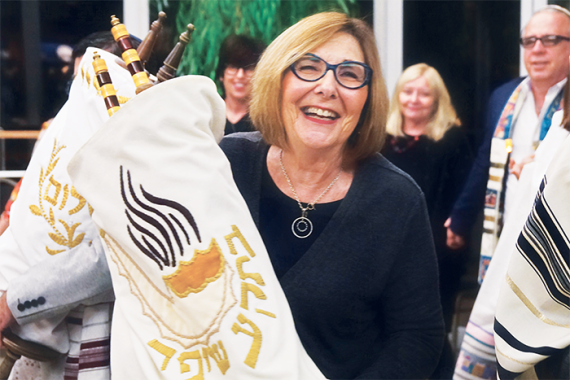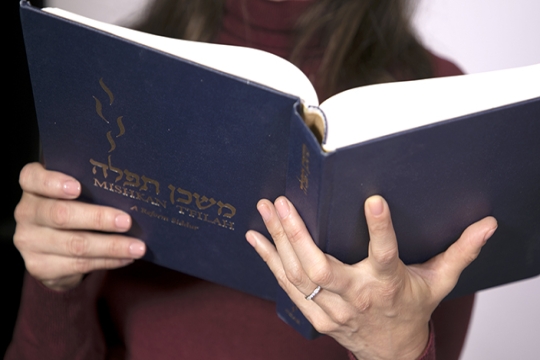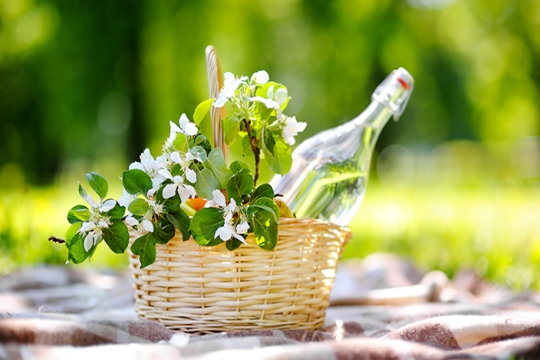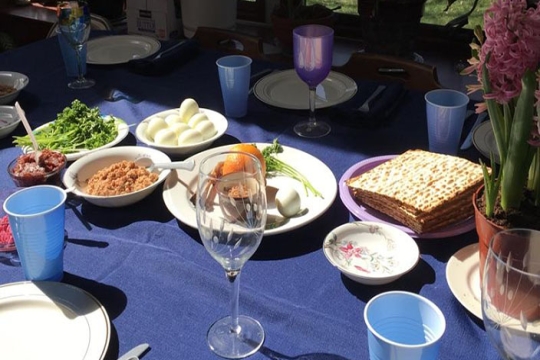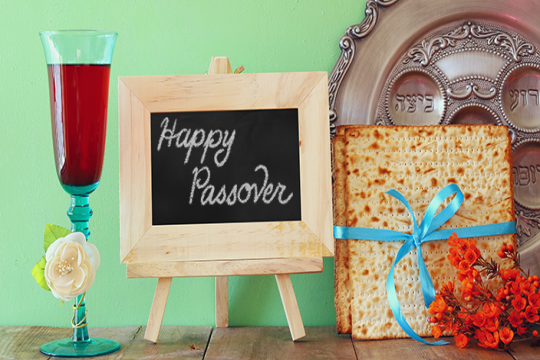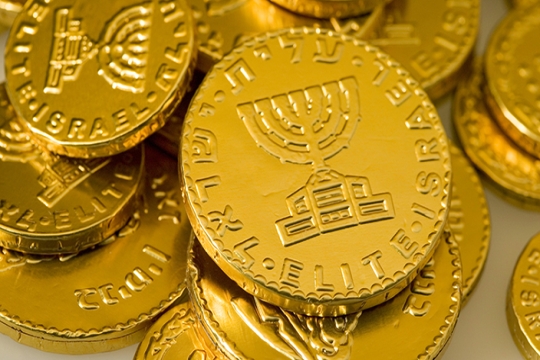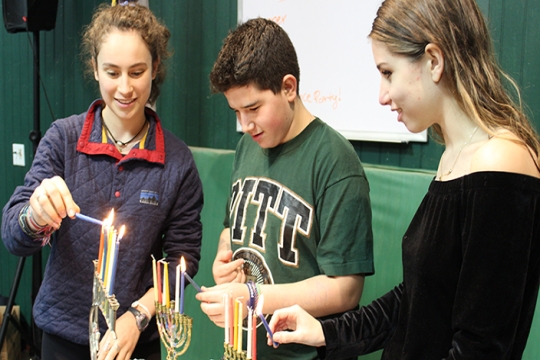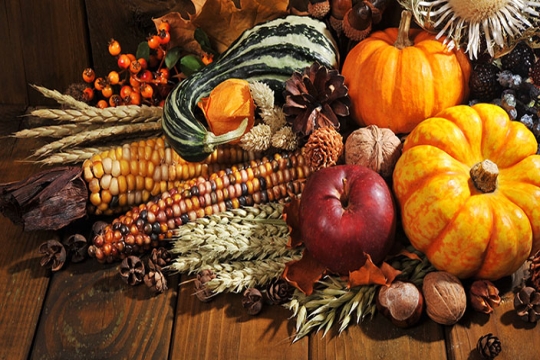I was invited to celebrate a bar mitzvah for an 83-year-old. Where does this tradition come from?
It's never too late for a Jewish person to celebrate becoming bar, bat, or bet mitzvah! Many Jews celebrate as adults, if they didn't have the opportunity to celebrate when they were 13.
Can you recommend a Jewish prayer book for someone who is exploring Judaism? There are so many from which to choose.
Mishkan T'filah, the Reform Movement’s newest siddur, includes Hebrew with both transliteration and English translations, as well as beautiful prayers in English.
What is the correct term for people who adhere to Reform Judaism: "Reformed Jews," "Reform Jews," or "reformed Jews"?
Thanks for asking! The correct term is “Reform Jews.” Reform Judaism teaches that change is ongoing; the reforming of Jewish tradition and practice is not something that concluded in the past, but rather is something that continues with each individual. Therefore, “Reform” in the present tense is the appropriate term.
Is there a Jewish holiday that highlights love?
A little-known holiday is Tu B'Av, a day marked by dancing and courtship.
I’m a Jew-by-choice. Can we plan to name our baby after a living relative who is not Jewish?
In Ashkenazic practice ( Jews of Eastern European origin), the custom is to name a child after a relative who has died, while Sephardim ( Jews of Spanish and Middle Eastern origin) tend to name their children after living relatives. Reform practice allows either option. Jews-by-choice certainly may name their
Do Reform Jews Believe in the Messiah?
In the Jewish prayer book, the siddur, there are references to an “end of days”: the Temple in Jerusalem will be rebuilt, the dead who were righteous will be resurrected, and a figure known as the Messiah, or in Hebrew the Moshiach, will restore Israel to new-found glory. The word
What should I bring to a Passover seder?
Your best plan: Ask your hosts what you can bring for the seder, or for the dinner.
What greetings are appropriate on Passover?
There are lots of ways to say Happy Passover!
What is the story behind Hanukkah gelt?
A lot of history and tradition resides in chocolate Hanukkah gelt.
What greetings are appropriate on Hanukkah?
Here are the appropriate greetings for Hanukkah.
How many days is Sukkot?
Sukkot, the Jewish festival of booths (a harvest holiday of thanksgiving), begins on the 15 th day of the Hebrew month of Tishrei.

